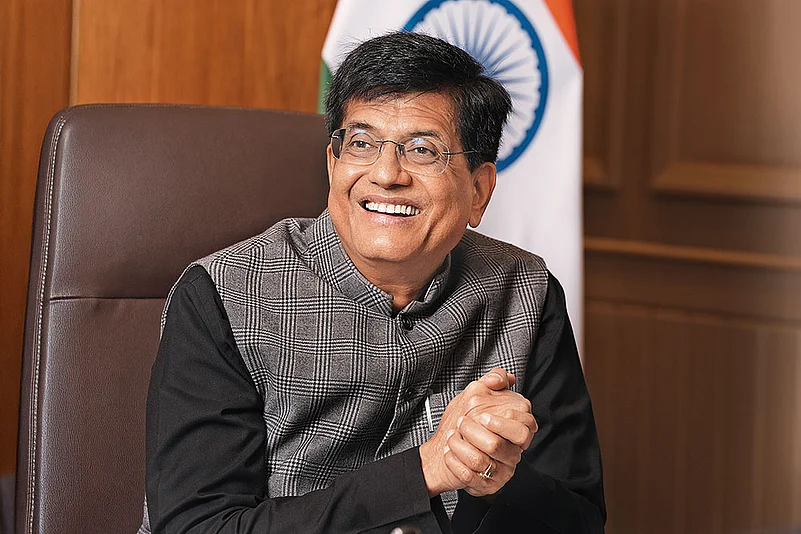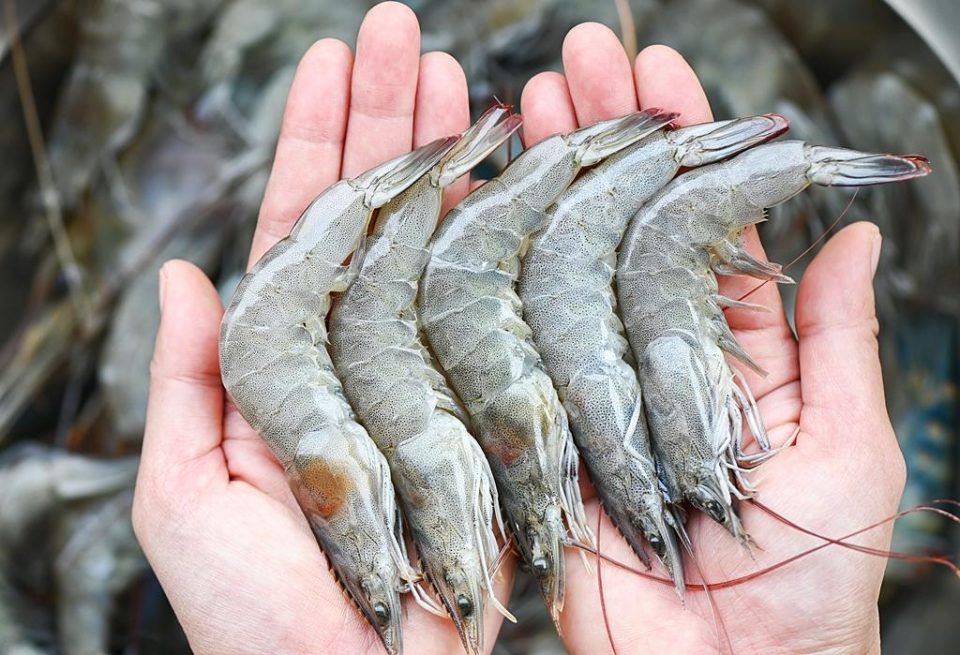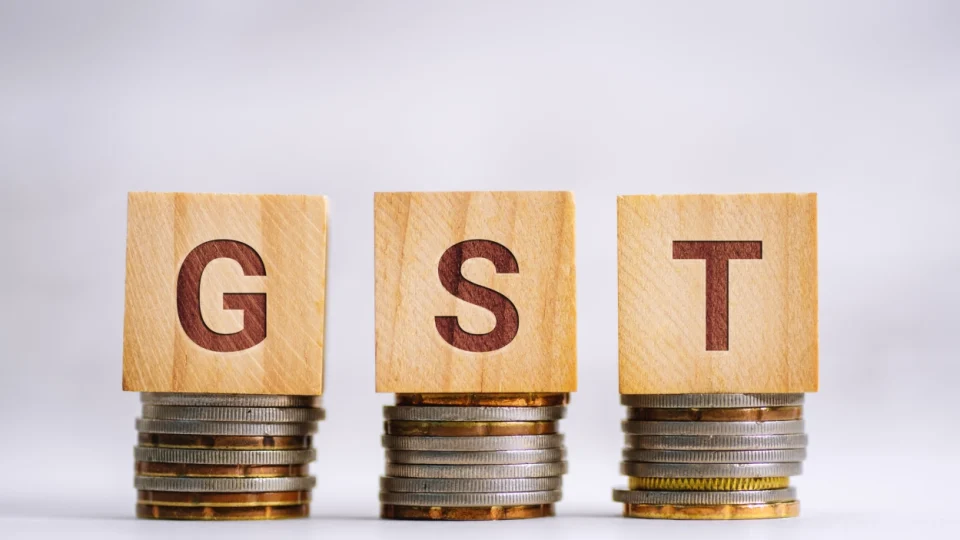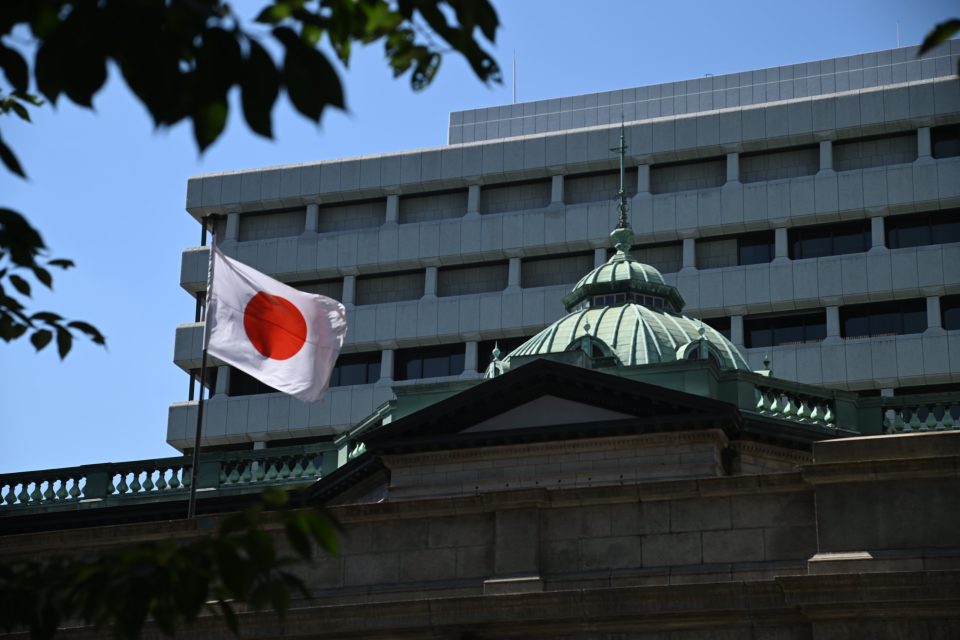To prepare for the likely third wave of Covid-19, the Brihanmumbai Municipal Corporation (BMC) has planned to hire retired doctors for three years. The plan was drawn up by Additional Municipal Commissioner Suresh Kakani and approved by BMC Commissioner Iqbal Singh Chahal, as per a report.
Kakani said that BMC had formed a committee under Deputy Commissioner Devidas Kshirsagar with deans of all medical colleges. “They will select retired professors or deans, who will work under the dean after their appointment,” he said. Under the new plan, doctors who worked in BMC-run medical colleges before retirement can now be reappointed till they reach 65 years of age. “They will be appointed on a three-year contract. They would get a salary, but not pension benefits,” Kakani said.
Meanwhile, Chahal said that doctors appointed after their retirement would not have any administrative rights. However, no doctor will be deprived of promotion. “We don’t want talent to get wasted. I have seen doctors in private hospitals working till the age of 70 years and are still very fit. So, why can’t our doctors work after retirement,” Chahal said. At present, doctors and professors in government medical colleges can work till 64 years of age. Those in BMC-run colleges can work till 62 years of age.










